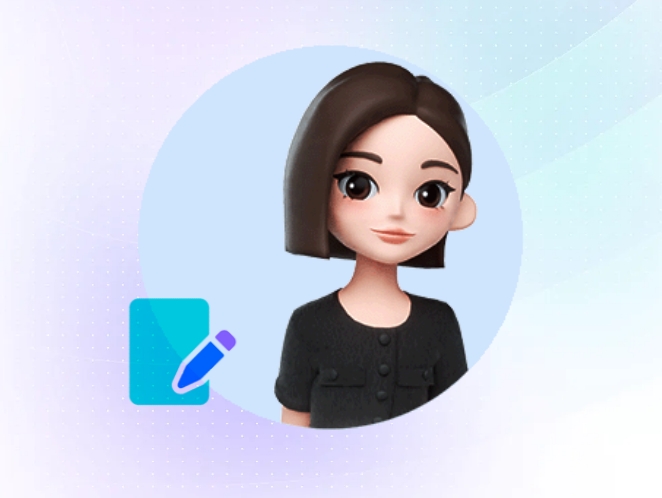According to Sohu Tech, ByteDance's AI product "Doubao" has recently sparked widespread controversy due to its built-in "related videos" recommendation feature. Many parents have reported that this feature automatically attaches TikTok short video links when users ask questions and cannot be turned off, leading to the invasion of "AI learning" scenarios by entertainment content, posing a potential risk of shifting from a tool to entertainment for users, especially teenagers.
The core of this controversy lies in the disconnection between product positioning and user experience. Some parents pointed out sharply: "It's like having TikTok inside Doubao." They are used to limiting children's screen time by managing short video apps but overlooked possible similar entry points within AI learning tools. This reveals a new blind spot in user management and poses new ethical challenges for AI product developers.

It is understood that this feature is enabled by default, and even after users attempt to turn it off with the instruction "turn off videos," it reverts to the default recommendation status the next day. Users said this move "doesn't work and keeps pushing." Some parents further reported that previously, Doubao's settings clearly provided related toggle options, but this feature was quietly removed in recent updates, leaving users without the ability to make their own choices and intensifying negative emotions.
From a product strategy perspective, integrating short video content into an AI application may aim to increase user engagement or achieve traffic cross-promotion. However, this approach clearly sacrifices the purity of the tool and has sparked discussions about user privacy, content control, and minor protection. While pursuing commercial growth, how to balance user needs with product ethics is a question that all AI product developers need to deeply consider.










